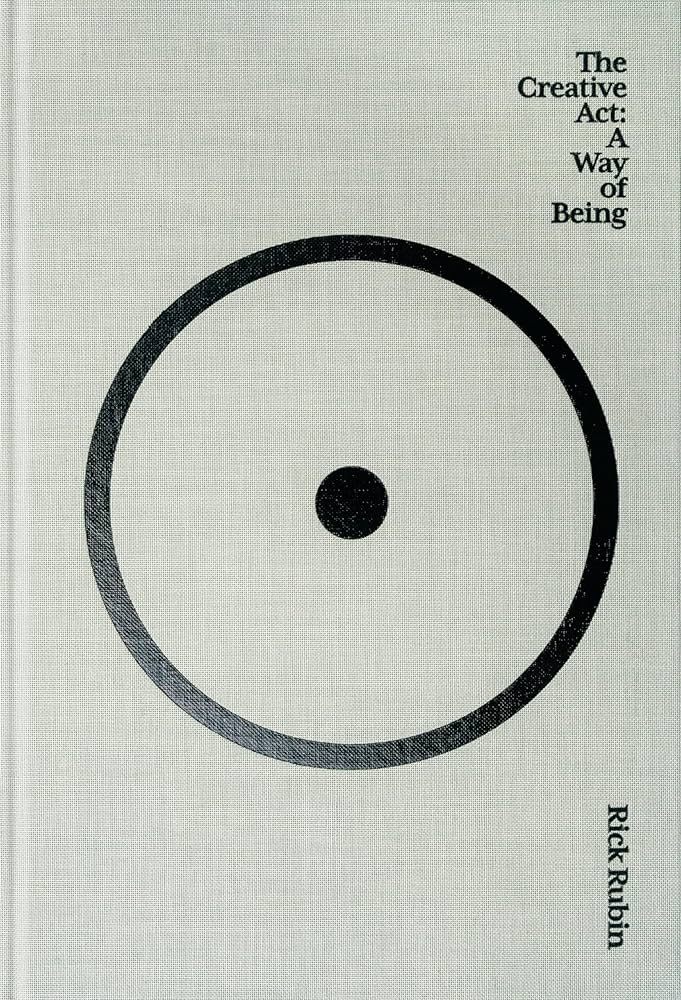The narrative reinforces the idea that excellence is not a product of spontaneous genius but rather a cumulative result of consistent, deliberate habits. Whether an athlete perfecting their game or an artist refining their craft, the key to sustained improvement lies in daily rituals that support and enhance one’s abilities. The principle suggests that success is less about innate talent and more about the structured behaviors that individuals cultivate over time, ensuring steady progress and reducing unnecessary obstacles. By committing to a process-oriented mindset, individuals gain confidence in their ability to improve, rather than relying on unpredictable bursts of inspiration or motivation.
Building on this idea, the chapter explores how structure and discipline do not limit creativity but, instead, create an environment where it can flourish. By reducing trivial daily decisions, such as what to wear or what time to work, mental energy is conserved for more meaningful tasks. Historical figures like Albert Einstein and Steve Jobs, who adopted minimalist wardrobes, exemplify how streamlining everyday choices can free the mind to focus on higher-level thinking and creative endeavors. Their approach highlights that habits, when thoughtfully structured, can remove mental clutter, allowing individuals to direct their energy toward meaningful work without distractions.
The chapter also delves into the psychological benefits of strong habits, showing that routines not only enhance productivity but also build confidence and resilience. Establishing a set of reliable practices ensures that creative work is not left to fleeting moments of inspiration but rather embedded in a structured, repeatable process. This mindset prevents procrastination and self-doubt, transforming artistic or professional pursuits into something more sustainable and less dependent on motivation alone. When individuals know they have a reliable system in place, they can push forward even on days when enthusiasm wavers.
Moreover, the discussion highlights the importance of evaluating and refining one’s habits, recognizing that not all routines are beneficial. Some long-held patterns may be counterproductive, stifling growth rather than supporting it. By regularly assessing personal habits, individuals can determine which behaviors contribute to their success and which need to be adjusted or abandoned to align with their evolving goals. A commitment to continuous self-improvement ensures that habits remain an asset rather than a limiting factor in personal or professional development.
Additionally, the chapter touches on the role of patience in habit formation, stressing that meaningful change does not happen overnight. Studies in behavioral psychology suggest that it takes anywhere from 21 to 66 days to solidify a habit, depending on its complexity. Understanding this timeframe helps individuals set realistic expectations for their progress, encouraging persistence even when results are not immediately visible. Those who maintain their routines despite initial struggles are more likely to see long-term benefits, as habits gradually become second nature.
Ultimately, the chapter frames habit formation as a crucial element in achieving long-term success. It challenges readers to reflect on their daily routines, asking whether their current habits are paving the way toward their aspirations or holding them back. The takeaway is clear: success is not about grand gestures but about mastering the small, repetitive actions that shape a person’s path over time. By making intentional choices and staying committed to constructive habits, individuals can cultivate discipline, foster creativity, and build a foundation for lifelong achievement.


